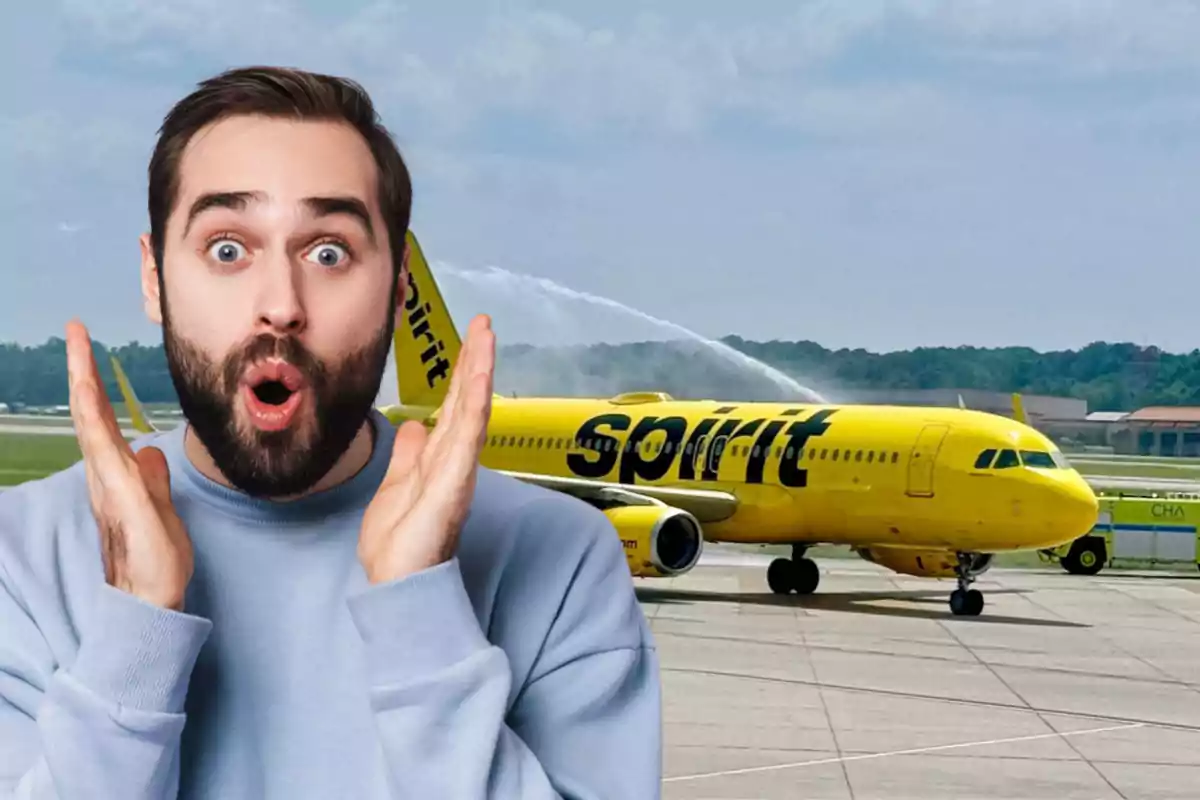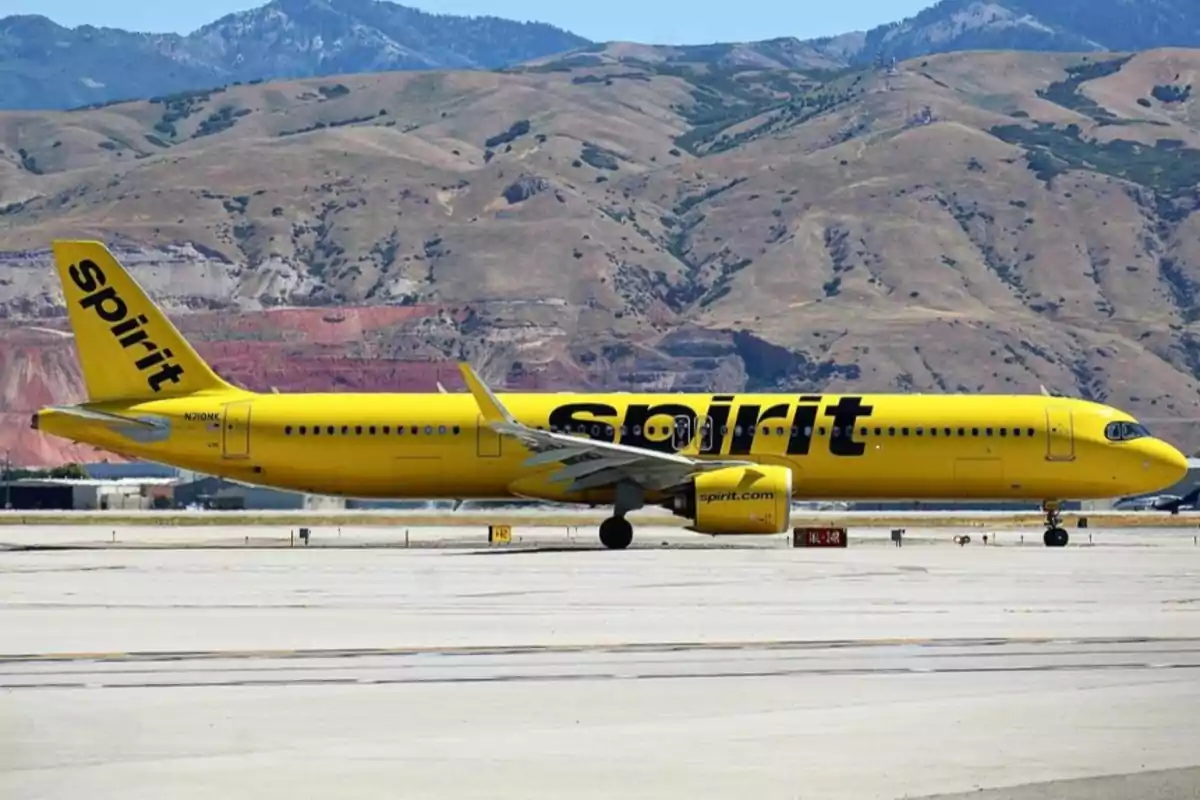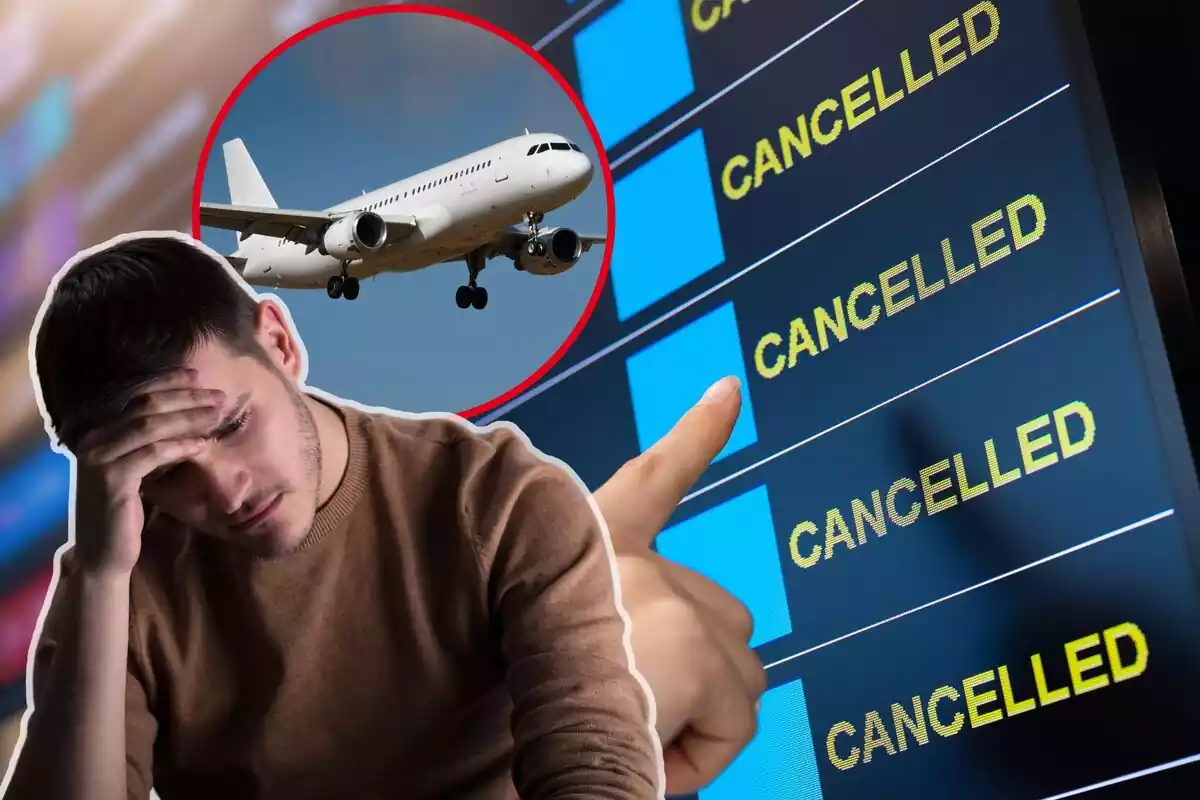Spirit Airlines, the low-cost airline that many Americans loved, has filed for bankruptcy again. After emerging from a first restructuring in March, the company failed to stabilize and is now once again seeking protection under Chapter 11.
With more than $10 billion (10.000 million dollars) in debt and a fleet that's too large for its demand, Spirit is going through one of the most critical moments in its history. What was once a symbol of cheap and accessible travel is now facing a crisis that threatens its survival.
The low-cost model that no longer convinces
Spirit's essence was always to sell very cheap tickets and then charge for extras like luggage, seat selection, or onboard meals. This strategy worked when competition was limited, but with traditional airlines entering the low-fare market, the formula began to fail. Major companies offer similar prices but with more amenities, which left Spirit at a disadvantage.

They tried to compensate with a merger with JetBlue, but it was blocked by the government in 2024. Without that help, every seat sold could generate losses. The 2020 pandemic also accelerated its decline. Since then, it has never managed to regain its former stability.
Fleet and cost problems
Another challenge for Spirit is its oversized fleet. The company has more planes than it can keep and faces high costs, especially because of the European Airbus aircraft. According to Bloomberg, up to 150 lease contracts could be canceled in this second bankruptcy.
Raising prices to offset expenses isn't viable, because it would stop being a low-cost airline. Keeping fares low, on the other hand, means continuing to lose money. It's a difficult dilemma to solve, which puts the continuity of its operations at risk.

Uncertain future and rescue options
For now, flights continue, although some could be canceled or have changes in frequency. Passengers should stay alert before traveling. The big question is whether Spirit will manage to reinvent itself or end up absorbed by the competition.
One possible solution is a merger with Frontier Airlines, another low-cost company that already tried to acquire Spirit in the past. This union would allow for route optimization, fleet adjustment, and better competition with giants like Delta, American, or United. However, nothing has been finalized yet.
Spirit was a pioneer in offering cheap and accessible flights, but the market changed. The question is whether the airline can adapt to the new times or if this will be its last takeoff. What was once a revolution is now facing an uncertain future, where survival will depend on quick and strategic decisions.

